Latest News
08 May 2024
NWO funds investigation on commercialization of ultra-sensitive proteomics technologies
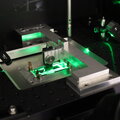
To stimulate real-world application of protein research at the TU Delft Bionanoscience department, the Dutch Scientific Organisation (NWO) has appointed researcher Carlos de Lannoy as fellow of the Faculty of Impact.
01 May 2024
Roman Barth announced as 2024 Schmidt Science Fellow
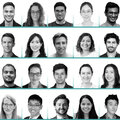
Roman Barth is named member of the 2024 Schmidt Science Fellows, along with thirty-one other early-career researchers. He will use powerful deep learning-based algorithms to design new candidates for a promising, but difficult to identify, class of drugs.
29 February 2024
Research and drug development platform supported by ERC grant
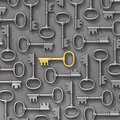
Apart from storing heritable information, DNA can fold into a key that unlocks functions in specific proteins. Such DNA keys, called ‘aptamers’, are highly sought-after as new drugs and tools in biological research. Delft researchers developed a technique to find the right DNA key between the countless different aptamers that exist. The European Research Council has now awarded their idea with a Proof-of-Concept grant.
13 February 2024
Scientists develop new technology to identify individual full-length human proteins
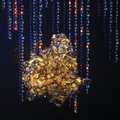
In a study published in Nature Nanotechnology, scientists from Delft University of Technology present a new technique to identify proteins. Proteins carry out essential functions in our cells, while playing a crucial role in diseases like cancer and COVID-19 infection. The researchers identify proteins by reading out the fingerprint, and comparing the fingerprint to patterns from a database. Using this new technology, the researchers can identify individual, intact, full-length proteins, preserving all its information. This can shed light on the mechanisms behind many different diseases and allows earlier diagnosis.
11 January 2024
How living materials from algae can best capture carbon
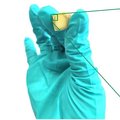
Scientists from TU Delft have found how confined microalgal cells grow optimally in photosynthetic engineered living materials. With the use of light energy, the microalgae convert CO2 from the air into sugars, energy and oxygen for their survival. Such algae-based living materials could be used in a range of applications, from functional objects for CO2 capture, to oxygen sources for biological tissues. The team, led by Marie-Eve Aubin-Tam and Kunal Masania, present their new insights in Advanced Materials.
28 November 2023
NWO grant for size-tuneable nanopores and living building materials
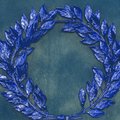
The Dutch Research Council (NWO) has awarded grants to 28 promising research projects in the field of Exact and Natural Sciences (ENW), including two at the Faculty of Applied Sciences at Delft University of Technology. The grants of up to 50,000 euros are part of the Open Competition ENW-XS. Eva Bertosin receives the grant for her work on nanopores and Kui Yu is awarded for his research on living building materials.
21 August 2023
5 million in quest for “missing link” in quantum communication

Delft University of Technology and its Kavli Institute of Nanoscience received a five-million-dollar grant from The Kavli Foundation to fund a collaborative effort to develop the quantum equivalent of telecommunication.
20 July 2023
Living together: Microbial communities are more than the sum of their parts
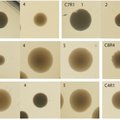
To engineer successful microbial communities, scientists need to predict whether microorganisms can live and work together. One popular predictive rule states that if a pair of microbes will coexist, they will also coexist in a bigger community of microbes. A study published in Science now found that this simple rule will not always work.
29 June 2023
Greg Bokinsky: Educator of the Year TNW 2023
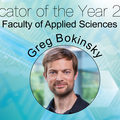
Through our annual Educator of the Year election, we highlight excellence in education. On 27 June during the AS Education Afternoon, Paulien Herder, dean of AS, announced the Educators of the Year by AS programme and the overall winner: Dr. Greg Bokinsky.
08 June 2023
Guinness World Records pipetting
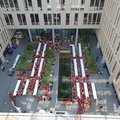
On Saturday 3 June 2023, 276 participants took part in the attempt to set the Guinness World Records pipetting, organised by Nanobiology students from Delft University of Technology and Erasmus MC. Within only 5 minutes the volunteers managed to simultaneously suck up and displace fluids with a pipette.